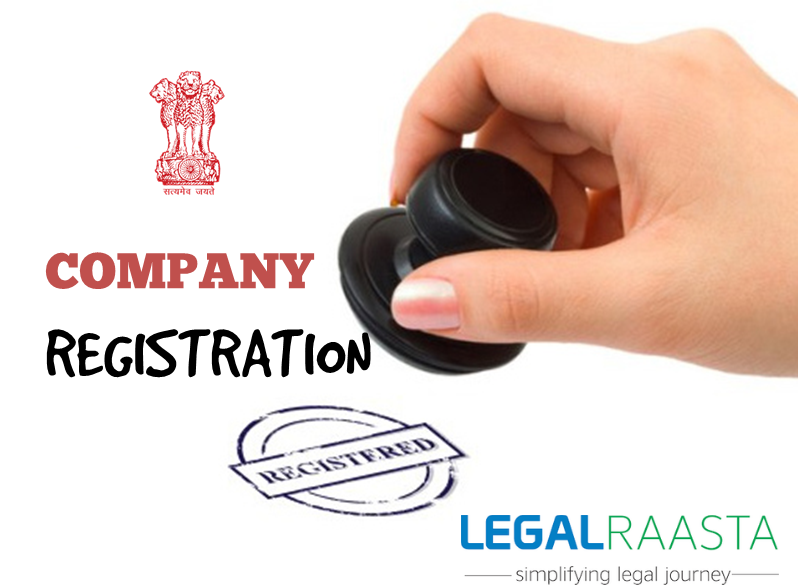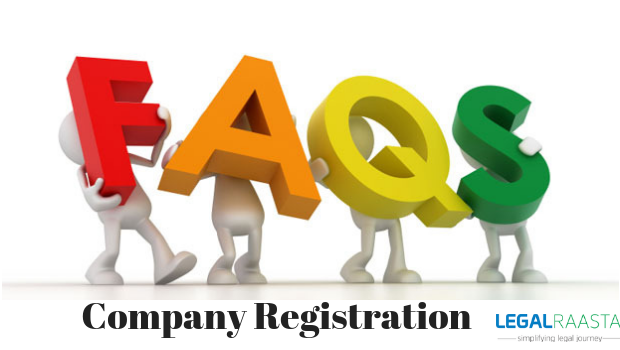What is Public Limited Registration?
A public limited company is a company whose shares are offered to the general public and that trades on a public stock exchange. A public limited company(PLC) is an option for entrepreneurs with big goals, such as building a new IT infrastructure or manufacturing plant. A
Private Limited Company structure is preferred by the majority of modern business owners over a
Public Limited Enterprise. However, it should be considered if someone is actually developing something major and seeking funding by issuing shares in return. The optimum course of action in that situation is to incorporate a PLC as the preferred business entity. Forming a public limited enterprise is your best option if you're a small or medium-sized business trying to raise equity capital from the public since it gives you all the protections provided by a corporation with limited liability. Therefore, in this blog, we will discuss how to register a public limited business, the process involved, and the paperwork needed. For additional advice, you can speak with a
Legalraasta professional advisor.
Define a Public Limited Company Registration
A company may elect to become a public limited Enterprise in accordance with the Companies Act of 2013. Additionally, if the corporation wishes to, it may choose to raise money by issuing shares to the general public. A public limited corporation must also have a minimum of seven members and three directors in order to be registered. Section 2 of the Companies Act 2013 defines a PLC (71). There is no minimum capital requirement for the creation of a Public Limited Enterprise as of the passage of the Company Act, 2015 Regulations for Public Limited Enterprises are more formal and strict than those for Private Limited Companies. But compared to a private corporation, it's a better corporate structure.
Characteristics of Public Limited Companies Registration
- Board of Directors: A public corporation must have at least three directors, but there is no maximum number required under the Companies Act.
- Company Name: Legally, the word "Limited" must follow every publicly traded company's name. It serves as a sign for a company that welcomes customers and clients.
- Company Prospectus: All publicly traded companies must have company prospectuses. The intended corporation is distributing it to the general population. In this paper, the company's operations and financial situation are summarized.
- Paid-Up Capital: The Act's regulations do not outline the minimal amount of initial share capital required for registration.
Benefits of Registering a Public Limited Company
- Independent Legal Entity: In a public limited Enterprise, ownership and control are clearly segregated. The public limited company may have a PAN, licences, assets, contracts, bank accounts, and responsibilities.
- Multiple funding sources: A public limited company may go to traditional lending institutions as well as private investors for funds. Debentures, equity shares, and preference shares are all suitable types of capitalization for this use.
- Quickly transfer: A public limited company's shareholders have the advantage of being able to quickly transfer their shares to other legal entities, such as people or organizations in India or elsewhere. By choosing new directors, a corporation can secure its long-term success.
- Company with Limited Liability: In a public limited firm Registration, shareholders are only minimally liable for the company's decisions. If the company itself develops any unexpected liabilities, the stockholders will not be impacted.
- Prospects for growth: If a business has a lot of cash on hand, especially if it is a limited liability company that is publicly traded, it can take advantage of a lot of growth opportunities.
Requirements for Public Limited Company Registration
- A public company must have 7 shareholders in order to be formed.
- Three directors are needed to form a public company.
- A Digital Signature Certificate (DSC) is required for at least one director to sign documents digitally.
- A Director Identification Number(DIN) is required for each prospective company director to send in your main object clause application. The object clause outlines the company's objectives following incorporation.
- With the necessary paperwork, such as MOA and AOA, submit an application to the Registrar of Companies (ROC).
Required Documents for Public Limited Registration
- Document the identity of all directors and shareholders with a PAN card, voter ID, Aadhaar card, or driver's licence, for example.
- Each director's and shareholder's address is verified.
- Utility bills for the registered office's water, phone, gas, or electricity. It can't, however, be older than two months.
- To use a property as a Registered Office, you need a "No Objection Certificate" (NOC) from the real landlord of the building.
- Numbers of Taxpayer Identification for each Director (DINs).
- The Directors' Digital Signature Certificates should be obtained.
- Articles of Association and Association Memorandum.
Public Limited Registration Process
- First, get a DSC and DIN: Obtaining a director's Digital Signature Certificate (DSC) should be one of the first tasks completed. The same information is needed for both digital and electronic signatures. This crucial document is issued by the certifying body. Additionally, each prospective director of a firm must apply for a Director Identification Number (DIN). Directors can apply for a DIN by completing the SPICE form; the MCA has simplified the process.
- Checking company name: The next step after visiting the MCA portal is to select the MCA services and check for name availability. The proposed name, however, cannot be the same as a trademark or service mark that already exists.
- Submission of Spice+ Form: After the proposed name has been approved, the applicant may submit the Spice+ form to request a Certificate of Incorporation. The application must be accompanied by the required paperwork, such as an Articles of Association and Memorandum of Agreement.
- Certificate of incorporation: Once an entity's formation paperwork has been received, reviewed, and approved by the relevant authorities, Certificates of Incorporation—complete with the company's Corporate Identification Number (CIN) and the incorporation date—are issued.
- PAN and TAN registration: The Company can apply to the MCA for a Permanent Account Number (PAN) and a Tax Deduction Account Number (TAN Registration) to be granted in the company's name once it has received its COI.
- Open a New Bank Account: By giving the bank the information from the PAN card and the COI, it is now straightforward for the members of the company to open a savings account in the company's name.
Conclusion
A public limited corporation is expected to raise money from the general public when beginning a business, expanding an existing one, or investing in cutting-edge research and development—growth on a Global Scale, etc. As a result, we have covered the procedure, paperwork, and prerequisites for
Public Limited Company Registration in this blog. A public limited corporation, however, is better suited for large businesses with expansive scopes and capacity for growth than the little corner store. If you want to manage a company with unlimited responsibility and a lot of money, a public limited company is your best bet. If you require legal advice when completing the Procedure for
Public Limited Registration,
Contact LegalRaasta.










